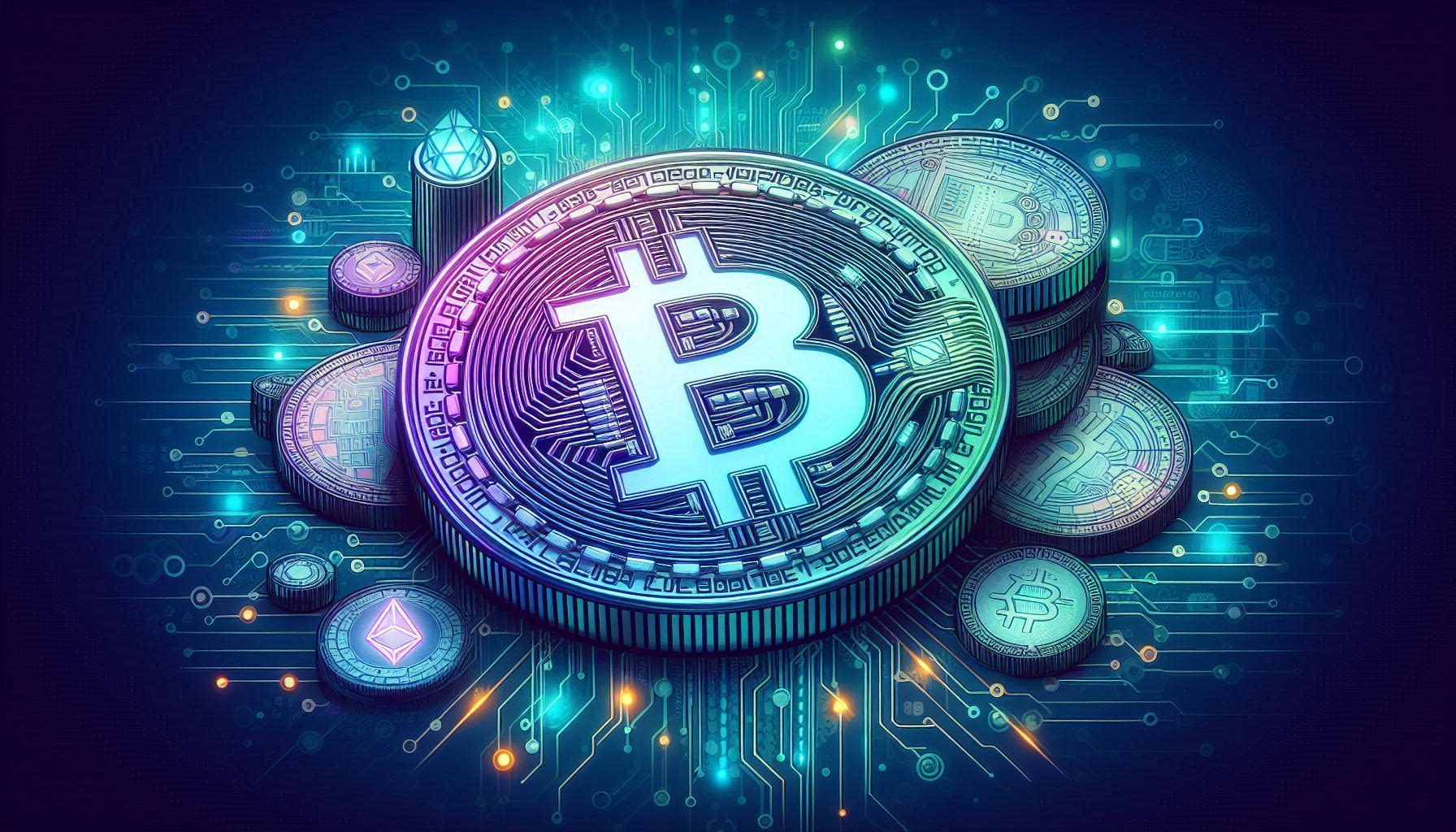
Bitcoin Cash FAQ
What is Bitcoin Cash?
Bitcoin Cash is a decentralized digital currency that was created as a result of a hard fork uprade from Bitcoin (BTC) in August 2017. It was developed to address Bitcoin's scalability issues by increasing the block size, allowing for more transactions to be processed in each block. This makes Bitcoin Cash faster and cheaper to use compared to Bitcoin.
How does Bitcoin Cash work?
Bitcoin Cash operates on a blockchain similar to Bitcoin, but with larger block sizes to facilitate more transactions. It uses a proof-of-work (PoW) consensus mechanism, where miners solve complex mathematical problems to validate transactions and add new blocks to the blockchain. Every four years the Bitcoin Cash network has a process called Halving, which reduces the rewards miners get by 50% to keep the coin supply capped at 21 million. Bitcoin Cash transactions are recorded on a public ledger, ensuring transparency and security.
What are the technical aspects of Bitcoin Cash?
Bitcoin Cash uses the same underlying technology as Bitcoin, including cryptographic techniques to secure transactions. The primary difference is the increased block size, which allows for more transactions per block. Bitcoin Cash also has a fixed supply limit of 21 million coins, similar to Bitcoin. The network is decentralized, with no single entity controlling it.
What are the advantages of Bitcoin Cash?
Bitcoin Cash offers several advantages, including faster transaction times and lower fees compared to Bitcoin, due to its larger block size. It maintains the same level of security and decentralization as Bitcoin. Additionally, Bitcoin Cash is widely accepted by merchants and can be used for everyday transactions, making it a practical alternative to traditional currencies.
What are the disadvantages of Bitcoin Cash?
Bitcoin Cash faces several challenges, including relatively low adoption rates compared to Bitcoin, which makes it difficult to attract new users and achieve network effects. Governance issues also pose a problem, as there have been disagreements within the community about the direction of the project. The cryptocurrency market's volatility also affects Bitcoin Cash, leading to potential investment risks. Furthermore, regulatory uncertainty can impact its use and acceptance in different regions
How can I buy and store Bitcoin Cash?
You can buy Bitcoin Cash here. Bitcoin Cash can be stored in various types of wallets, including hot wallets (online wallets connected to the internet) like the Bitcoin.com wallet and cold wallets (offline wallets not connected to the internet, such as hardware wallets and paper wallets).
What are common uses of Bitcoin Cash?
Bitcoin Cash is used for a variety of purposes, including everyday transactions, online purchases, and remittances. It is also used as an investment, with many people buying and holding Bitcoin Cash in the hope that its value will increase over time. Additionally, Bitcoin Cash can be used to pay for goods and services at merchants that accept it.
Where is Bitcoin Cash Widely Accepted?
Bitcoin Cash is accepted by various merchants worldwide, including major companies like BitPay, which processes payments for thousands of businesses. It's also popular in regions like Australia and parts of Africa for everyday transactions due to its low transaction fees. You can view a global map on worldwide adoption.
What are the risks associated with Bitcoin Cash?
The price of Bitcoin Cash can be highly volatile, leading to potential market losses. While the Bitcoin Cash network itself is secure, users must take precautions to protect their wallets and private keys from theft and hacking. Regulatory changes can impact the legality and use of Bitcoin Cash in different regions. Additionally, the increased block size can lead to centralization risks.
How is Bitcoin Cash different from Bitcoin?
Bitcoin Cash was created to address Bitcoin's scalability issues by increasing the block size, allowing for more transactions per block. This makes Bitcoin Cash faster and cheaper to use compared to Bitcoin. Additionally, Bitcoin Cash has added smart contract defi features such as CashTokens to further enhance it's blockchain ulility. These are similar to Ethereum, but not as powerful or diverse.
Where can I find more resources for Bitcoin Cash?
There are lots of resources for Bitcoin Cash, you can check here for a list of resources and here for Bitcoin Cash logos and videos.
Learn more about cryptocurrencies
This FAQ helps you learn about various cryptocurrency projects. Understanding different cryptocurrencies is important in today's digital economy. Each offers unique features and benefits, helping you make informed decisions for investing, trading, or exploring digital assets. Dive in to enhance your financial knowledge and stay ahead in the crypto space.
